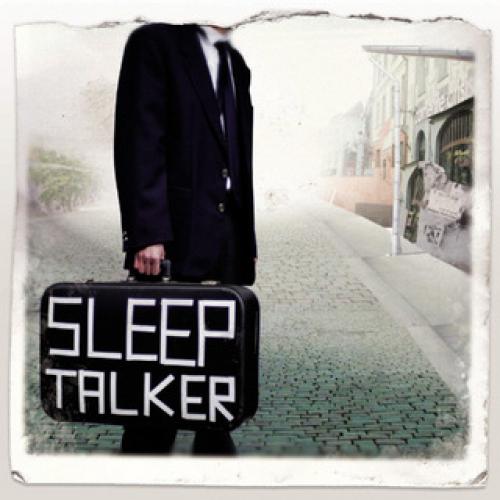Here is a lovely infographic from Greatist.com that might help!
Category: Sleep
Do you talk in your sleep?
 If you have never been able to answer that question, Greatist.com has found one.
If you have never been able to answer that question, Greatist.com has found one.
Since the app launched in Sweden in 2010, more than two million people have recorded their nighttime mumblings, Mashable reported. The way the app works is pretty smart: It only records a few seconds worth of sounds at a time, so you won’t have to listen to seven hours of silence in hopes of catching a single snore. Once they listen to their nighttime ramblings, users have the option to (anonymously) upload the recordings to the main feed on the app’s homepage. The app’s site already features snippets of real-life recordings from sleep-talkers across the globe. (For a laugh, check out “had a wee?” by user “underpants.”)
You can access the full article HERE.
Dealing with insomnia: the power of relaxing
Many people are well aware of the tossing and turning and the slowly-increasing frustration that comes with being unable to sleep. The precious hours available for rest keep slipping away as you lie there, unable to drift off. What is the cure? Will there ever be one? Is the only way to medicate yourself to sleep? How about meditation or exercise? Or that really boring book you received from your aunt last Christmas?
Incidentally, while on the subject of books, The Guardian provides a review of a new study that investigates insomnia and ways to help people who suffer from it.
“The condition of sleep is profoundly contradictory,” notes Emily Martin, a professor at New York University who has studied insomnia. “It is a precious good … but it is a good like none other, because to obtain it one must seemingly give up the imperative to have it.”
The article further reiterates:
(…) insomnia is a unique and difficult condition to treat because it is self-inflicted. The cause is often the brain’s refusal to give up its unequalled ability to think about itself, a metaphenomenon that Harvard professor Daniel M Wegner has called “the ironic process of mental control”.
So should you turn to sleeping pills or, possibly CBT (Cognitive Behavioural Therapy) for help? While the article may raise more questions than it answers, it still provides interesting overview of pros and cons of medication, as well as possible use of CBT. Especially if you are reading this in bed, because you are unable to sleep… You will find the article HERE.
Disclaimer: The Hazelton Clinic is not liable for content or changes in content of any outside sources. The above information is provided for entertainment purposes only, and is meant to encourage healthy lifestyle, emotional and physical well-being and awareness. It does not constitute medical advice.

